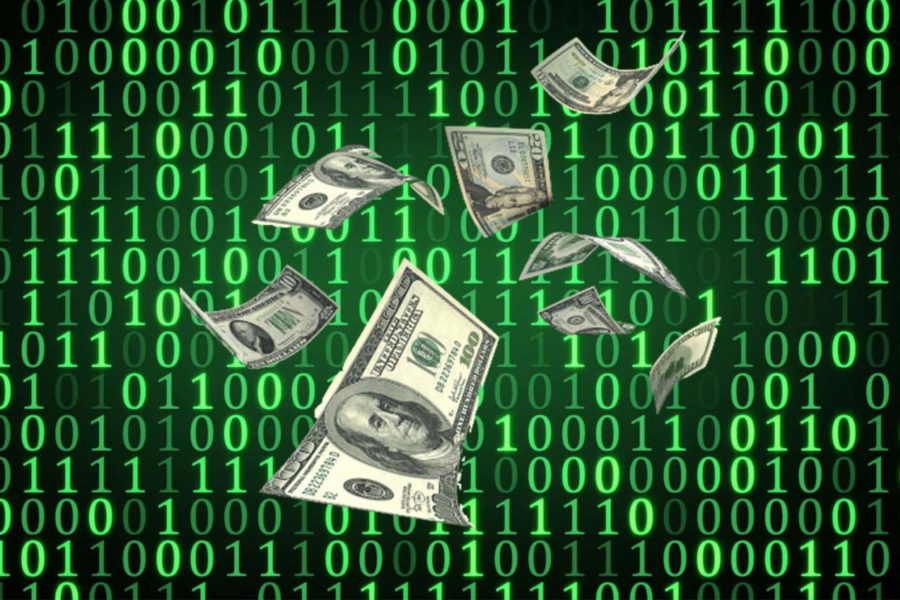A New Era of Money: the Digital Dollar
Since the inception of cryptocurrencies in 2009, their prominence has proliferated throughout the global market, exerting influence upon finance in ways previously unforeseeable to economists. However, due to the potency of cryptocurrencies such as Bitcoin, Dogecoin, and Ethereum, a myriad of countries have sought to integrate the efficacy of the digital system within their national currencies, a stride towards a new economic order.
The United States currently operates two forms of the American dollar: physical cash and reserves held by banks. A digital dollar would be a third version of money. Each ‘dollar’ is assigned a unique identifier, and transactions would be logged in a large ledger owned by the Federal Reserve. The government would control the number of digital dollars in circulation and regulate transactions, similar to how the physical dollar works.
There are various benefits to a digital dollar. First, it allows for faster and more secure transactions. Presently, money transfers, however simple they may seem on apps like Venmo or CashApp, are a process that involves receiving and paying banks, short-term loans, and multi-day wait times. By eliminating intermediaries and instead of James Sum having the Federal government verify and approve transactions, a digital dollar would allow for near-instant approval and transfer of money. Additionally, eliminating private intermediaries will lower if not eradicate transaction fees, which makes them more accessible to low-income bank account holders.
The use of a digital currency also unlocks a powerful suite of capabilities previously impossible with physical money. Because each digital dollar is unique, they can be programmed to behave in a certain way. As explained by Northwestern Mutual, insurance companies could automatically give payouts to farmers when the monthly rainfall falls below a certain level. Parents could give allowances to their children while restricting the money to certain types of transactions, like food or books. The government could provide payouts, like Covid relief payments, to specific accounts at certain intervals.
In spite of the various benefits, certain critics have highlighted the potential privacy concerns of the new currency model. Jerome Powell, the Chair of the Federal Reserve, voiced his worries that a digital dollar would allow the central bank to monitor all user transactions, an impingement of fundamental privacy rights. While these concerns are valid, the Fed could create processes, like encrypting user data and regular privacy audits, to ensure that citizens are guaranteed a safe, private method to quickly and conveniently use and send their money.






